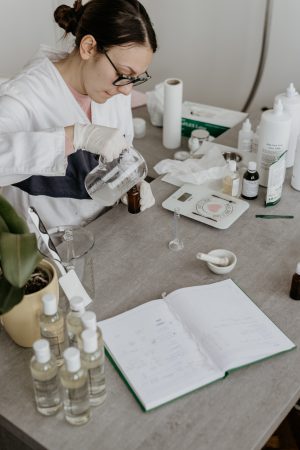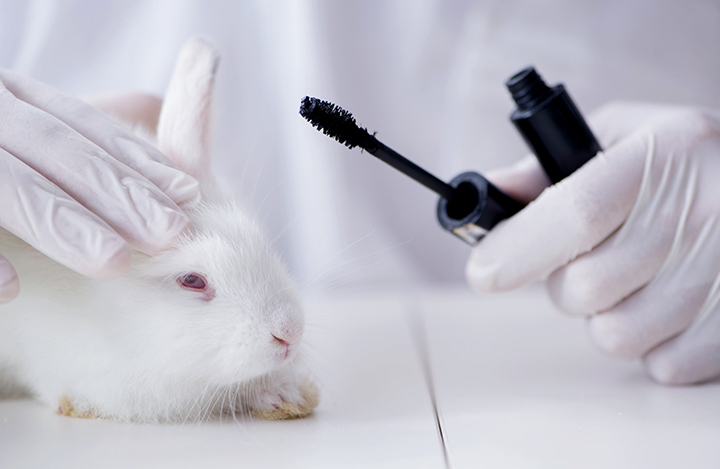Lydia Regalado
campus editor
Consumer awareness, changing laws and alternative testing methods are shifting the scope further away from cosmetic animal testing.
Current legislation in China requires all imported cosmetics to undergo animal testing. However, starting May 1, ordinary cosmetics, which are products made for everyday use like makeup, hair care and perfumes, will no longer be subject to these methods.
Special-use cosmetics will still require testing. This includes products that make any sort of claim — for example, anti-aging, hair growth, whitening products, sunscreen and hair dyes.

The words ‘cruelty-free’ have more or less become a marketing ploy by big corporations, but not everyone considers all brands that make these claims to be 100% ethical.
For example, even though a label such as Urban Decay’s says, “Our products are 100% cruelty-free, and we never test on animals,” they are owned by L’Oréal, a brand who sells products in Mainland China.
For transparency, L’Oréal’s website says they have been working with Chinese authorities and scientists for over 10 years to have alternative testing methods recognized.
But the ugly truth is that rats, rabbits, monkeys and dogs are some of the animals used for testing.
Chemicals are injected into their blood, dripped into their eyes, rubbed on their skin and sometimes lethal doses are given, causing seizures and convulsions. They are then observed for redness, swelling, hemorrhaging, blindness and other irritations. Afterward, most animals are killed.
A few ingredients that cause other ethical concerns include carmine — beetles used for red color in makeup — beeswax and lanolin.
Small but steady waves are making a big difference in the lives of animals toward a kinder world.
The first step for those who want to help is to simply be aware.
At the end of the day, it’s up to consumers to make conscious decisions about the purchases that they are making.

